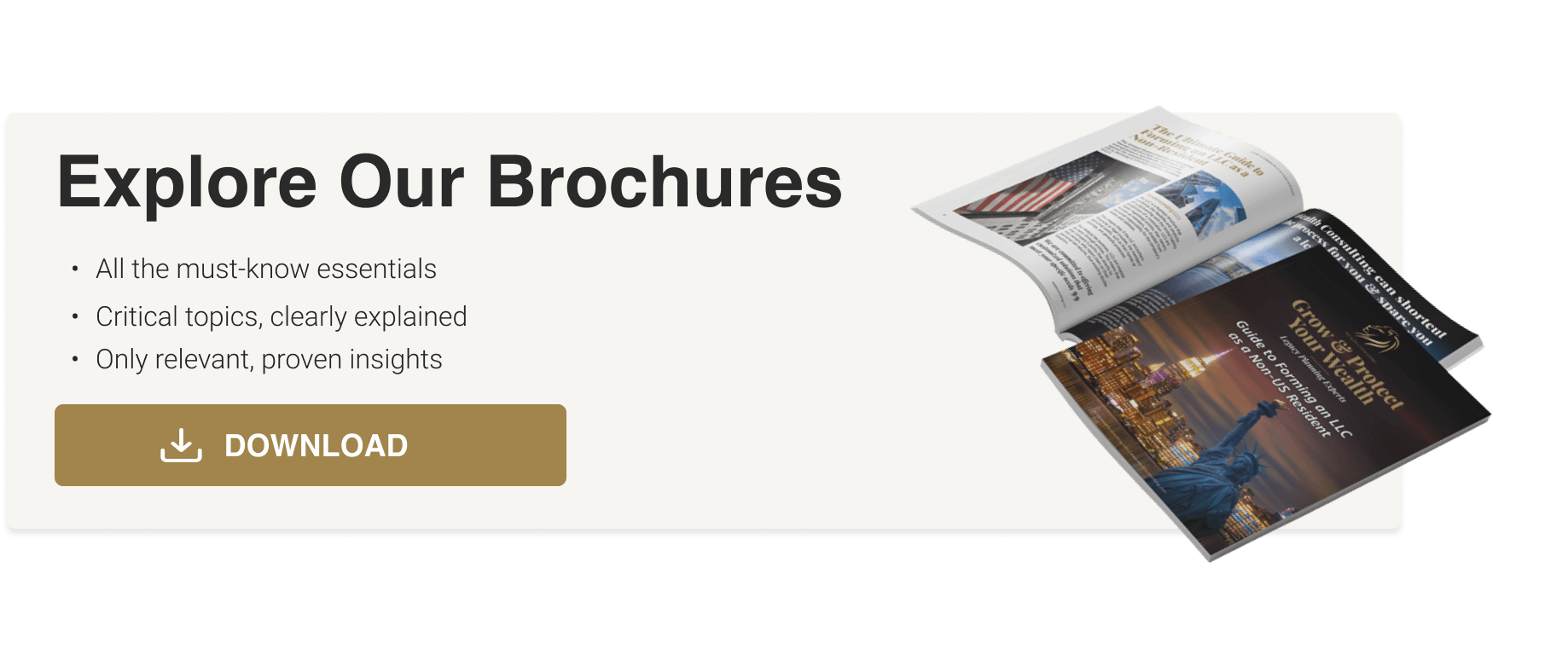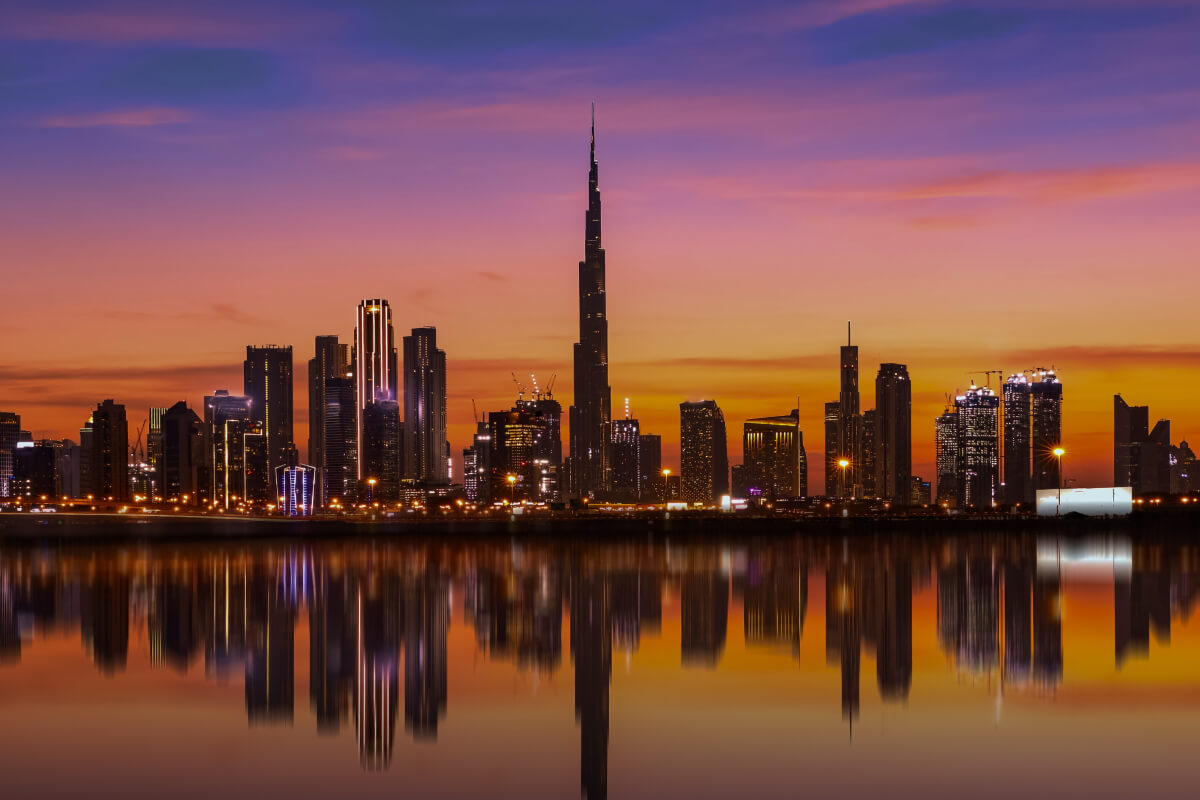
Moving to Dubai in 2025: Your Step-by-Step Tax-Free Relocation Plan
What’s driving the shift?
✓ Zero Income Tax
— no catch, no “overseas citizen” clauses, no capital gains.
✓ Residency Made Simple
— multiple visa routes for business owners, remote workers, and investors.
✓ Safety and Modern Lifestyle
— Dubai ranked among the top 10 safest
✓ Unmatched Global Connectivity
— live in one time zone, do business in five.
But Dubai isn’t just about palm trees and skyscrapers. If you want to legally establish yourself, open a bank account, and benefit from zero-tax residency, you need to follow specific steps, and avoid common pitfalls like the wrong visa type or setting up the wrong kind of company.
This blog will walk you through everything you need to know in 2025, visas, costs, areas to live, setting up your company, opening a bank account, and more. Whether you’re a solo entrepreneur or moving with a family of five, this guide has you covered.
Why People Are Moving to Dubai in 2025
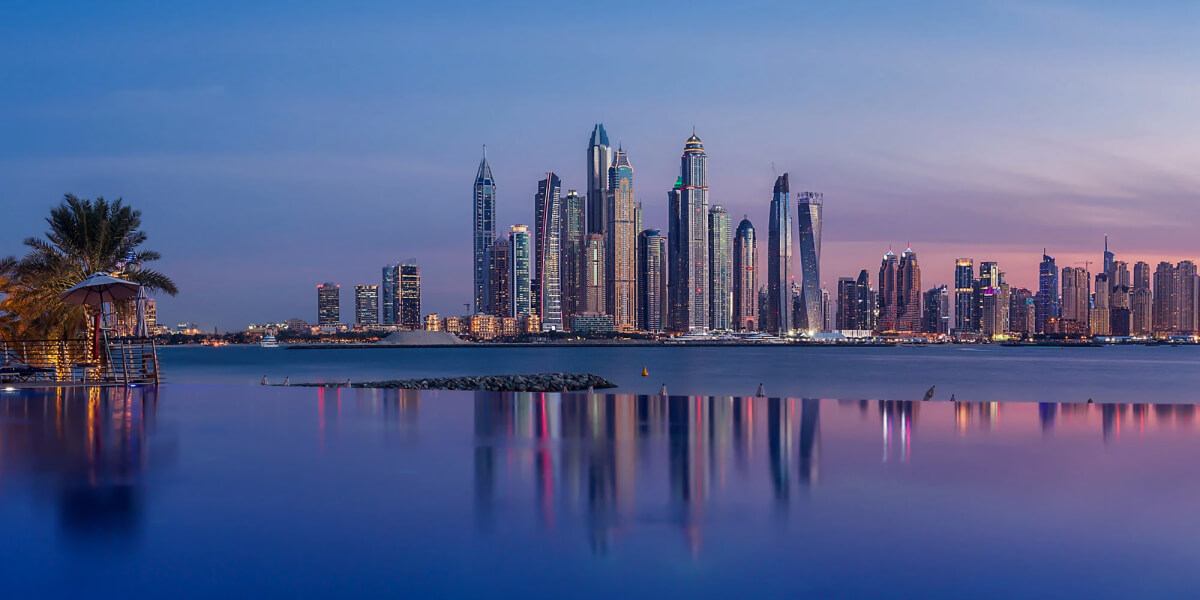
Is Dubai tax-free?
Yes, and not in the vague, promotional sense. Dubai residents pay 0% on income, dividends, capital gains, and inheritance. This isn’t a temporary government incentive or a “low-tax zone” loophole. It’s written into the legal framework of the UAE. Unlike some other jurisdictions that tax global income or apply hidden municipal or wealth taxes, the UAE’s tax policy is straightforward: you earn, you keep.
▸ Here’s how it compares globally:
|
Country |
Personal Income Tax Rate |
Capital Gains Tax |
Wealth Tax |
Inheritance Tax |
|
UAE (Dubai) |
0% |
0% |
0% |
0% |
|
Germany |
Up to 45% |
25% |
0% |
Up to 30% |
|
France |
Up to 45% |
Up to 30% |
1.5% |
Up to 60% |
|
USA |
Up to 37% (federal) |
Up to 20% |
0% |
Up to 40% |
|
UK |
Up to 45% |
Up to 20% |
0% |
Up to 40% |
If you’re relocating to Dubai with the goal of becoming a tax resident, we’ll cover the exact steps for obtaining a UAE tax residency certificate later in the guide.
Is Dubai safe to live?
Yes, and it consistently ranks higher than most Western cities on safety indexes. According to the 2024 Numbeo Safety Index, Dubai scored 83.5/100, making it one of the top 10 safest cities globally. For comparison:
|
▸ Dubai: 83.5 |
▸ Berlin: 59.7 |
|
▸ Singapore: 84.0 |
▸ New York: 52.3 |
|
▸ Tokyo: 76.9 |
Personal safety is one of the biggest reasons families and solo expats choose to move to Dubai. You’ll find low crime rates, visible policing, and a well-functioning legal system that enforces zero tolerance on violence and theft.
Is Dubai good for lifestyle?
Dubai doesn’t just cater to ultra-wealthy investors. Yes, there are private islands and Lamborghinis, but there’s also a huge population of digital nomads, corporate employees, freelancers, and entrepreneurs enjoying a modern, convenient, and surprisingly affordable lifestyle.
✓ You get:
-
World-class healthcare with English-speaking doctors
-
International schools with British, American, and IB curriculums
-
Fast, clean public transportation (driverless metro, water taxis, etc.)
-
Extremely diverse expat community (90% of Dubai’s population is foreign-born)
2025 Residency & Visa Options
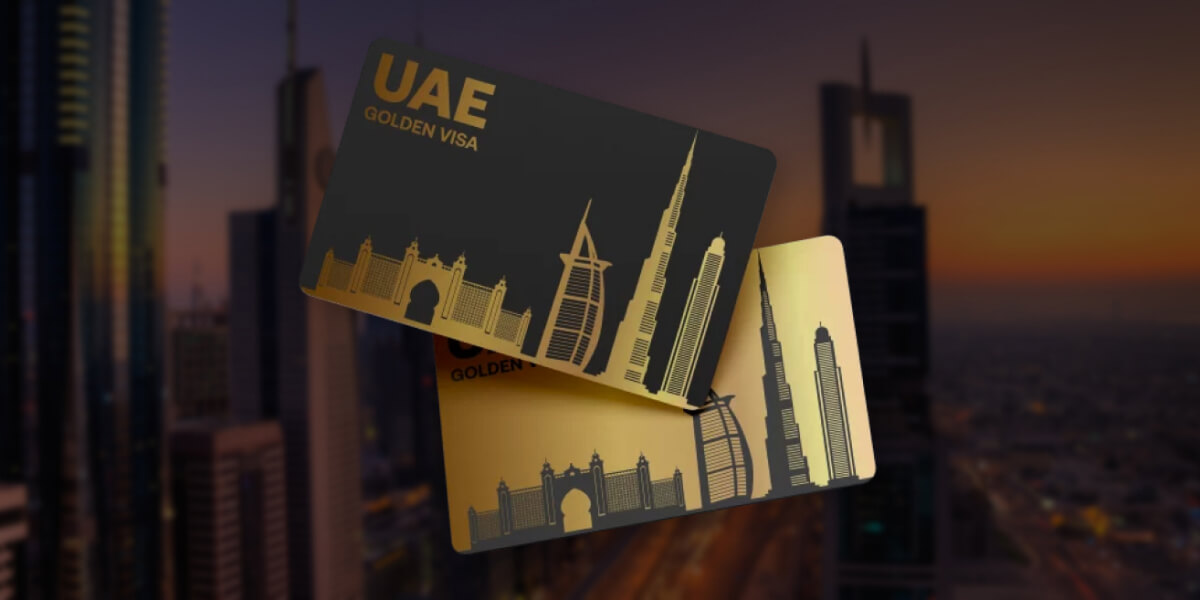
Whether you're relocating for business, work, or retirement, you’ll need a residence visa to stay long-term. Tourists can’t legally rent property, open a bank account, or access many public services, so if you’re serious about moving, this step is non-negotiable.
▸ Here’s what your options look like in 2025:
1. Company Formation Visa (Popular for Entrepreneurs & Freelancers)
This is the go-to path for remote workers, consultants, e-commerce founders, and digital nomads.
➞ How it works:
You register a company in Dubai (mainland or free zone), and the company sponsors your UAE residence visa. Once approved, you receive your Emirates ID, and you’re officially a resident.
➞ Main benefits:
-
Fastest way to residency (2–4 weeks)
-
100% ownership of your company
-
Ability to sponsor your spouse, kids, and household staff
-
Gives you legal grounds to open a UAE bank account
➞ Cost:
Expect AED 12,000–25,000 ($3,200–6,800) depending on the free zone and visa type. This includes company license, visa, medical tests, Emirates ID, and related admin fees.
Compare UAE Free Zone vs Mainland Setup
2. Dubai Golden Visa (Ideal for High-Income Individuals & Investors)
The Golden Visa grants long-term (5 or 10-year) residency without the need for constant renewal.
➞ Who qualifies:
-
Investors buying real estate worth AED 2M+ (~$545,000)
-
Entrepreneurs with a registered UAE business
-
Highly skilled professionals earning AED 30,000+/month (~$8,200)
-
Scientists, doctors, artists, and PhDs in priority sectors
➞ Main benefits:
-
Long-term security (no need for visa renewals every 2–3 years)
-
Ability to stay outside UAE for longer periods
-
Family can be included under the same visa
➞ Cost:
While the visa fee itself is around AED 3,000–5,000 ($800–1,400), real estate or business investment is the key requirement.
3. Remote Work Visa (1-Year Virtual Work Program)
Want to test Dubai before committing long-term? The Remote Work Visa allows you to live in Dubai while working remotely for a foreign company.
➞ Eligibility:
-
Proof of employment or freelance income
-
Monthly salary: $3,500 USD minimum
-
Valid health insurance
-
Passport with 6+ months validity
➞ Main benefits:
-
Live legally in Dubai without setting up a local company
-
Access to basic services (housing, internet, healthcare)
-
Renewable annually
➞ Cost:
Roughly AED 1,050 ($285) plus medical and insurance.
4. Investor Visa via Real Estate
If you purchase qualifying property in Dubai, you can apply for a 3- or 5-year investor visa, depending on the value and type.
▸ Eligibility:
-
Property must be worth at least AED 750,000 (~$204,000)
-
Title deed must be in your name (mortgaged or fully owned)
-
Cannot be under construction
Real estate investment is covered later in this guide, including high-growth areas and yield data.
5. Visa on Arrival & Tourist Visas (Short-Term Options)
For short stays, most passport holders can get:
-
Visa on Arrival (valid for 30–90 days depending on nationality)
-
Dubai Tourist Visa (extendable up to 60 or 90 days)
These do not grant residency and cannot be used for setting up a company, opening a bank account, or enrolling children in school.
Setting Up Your Company & Getting Your Emirates ID
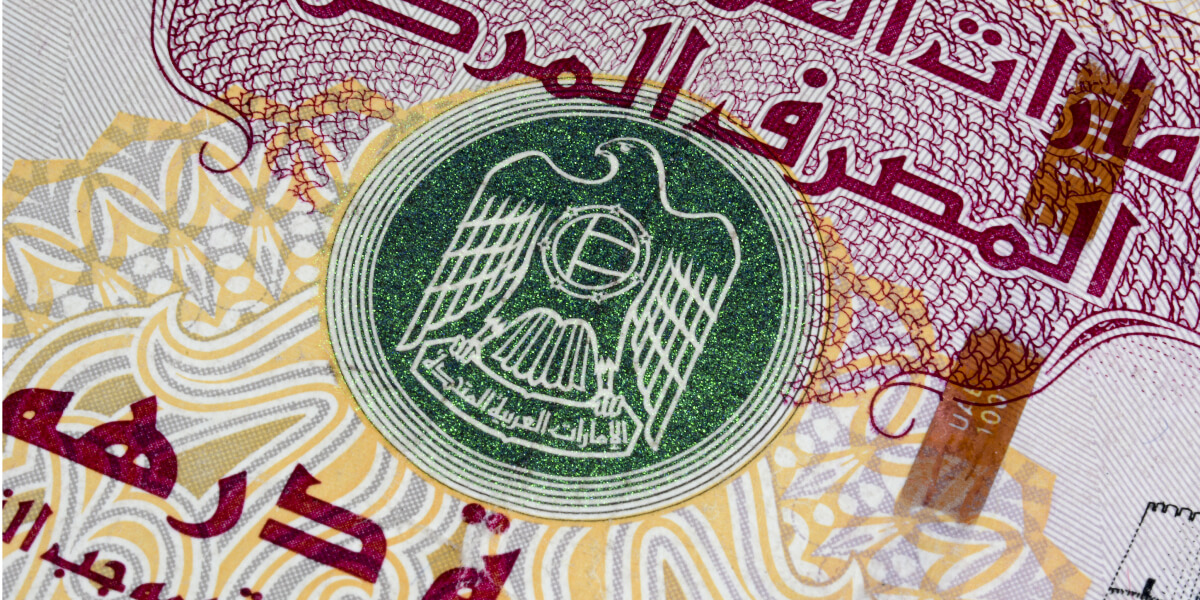
(Business Setup, Visa Sponsorship, and Identity in the UAE)
If you’re planning to live and work in Dubai, setting up your own company is often the fastest, most flexible route, even if you’re a solo freelancer or consultant.
Why start a company?
In the UAE, your company is your sponsor. Once your business is licensed, it can issue you a residence visa, which leads to an Emirates ID. That card unlocks everything: rental contracts, banking, utilities, telecoms, and more.
Even if you don’t plan to trade locally, forming a legal entity is the gateway to living in Dubai on your terms, and paying zero personal income tax.
Step-by-Step: How to Form a Company in Dubai
▸ There are two main routes:
|
Type |
Free Zone |
Mainland (LLC) |
|
Ownership |
100% foreign ownership |
100% foreign (since recent reforms) |
|
Scope |
Limited to free zone or international trade |
Can trade anywhere in UAE |
|
Cost |
Lower setup fees |
Higher fees, but wider flexibility |
|
Ideal For |
Freelancers, remote businesses, e-com, B2B |
Brick-and-mortar, agencies, B2C services |
Free Zone vs Mainland: Full Breakdown
▸ Typical formation time:
3 to 7 business days, depending on free zone and paperwork readiness.
▸ Documents usually required:
-
Passport copy
-
Passport-sized photo
-
Business activity description
-
Contact details
-
(Some free zones may require a business plan)
What’s an Emirates ID and Why Do You Need One?
Once your visa is approved, you’ll be scheduled for:
-
A medical fitness test
-
Biometric scanning (fingerprints + facial scan)
-
Application for your Emirates ID
This ID is your official national identity card, issued by the UAE Federal Authority for Identity, Citizenship, Customs and Port Security (ICP). It replaces carrying your passport everywhere and is required for almost every official service, including:
-
Signing a lease
-
Opening a bank account
-
Getting a UAE driver’s license
-
Enrolling kids in school
-
Applying for utility or phone services
-
Signing up for health insurance
▸ Processing time: 5–10 working days after visa stamping.
▸ Validity: Matches your visa (typically 2–3 years, or up to 10 for Golden Visa holders)
Cost Breakdown (Company Setup + Residency)
|
Item |
Estimated Cost (USD) |
|
Company formation (Free Zone) |
$3,200 – $5,500 |
|
Visa processing + Medical + ID |
$800 – $1,300 |
|
Office address (if required) |
$600 – $1,200 annually |
|
Optional PRO/VIP service |
$500 – $1,000 (one-time) |
Start Your Dubai Company with Full Support
▸ Tip:
Some free zones offer “virtual office” options, ideal if you don’t need a physical office in Dubai.
Once you have your company license, visa, and Emirates ID, you’re officially a UAE resident and can proceed with setting up your financial life, including opening a bank account, renting property, and applying for a tax residency certificate.
Cost of Living & Budget Checklist
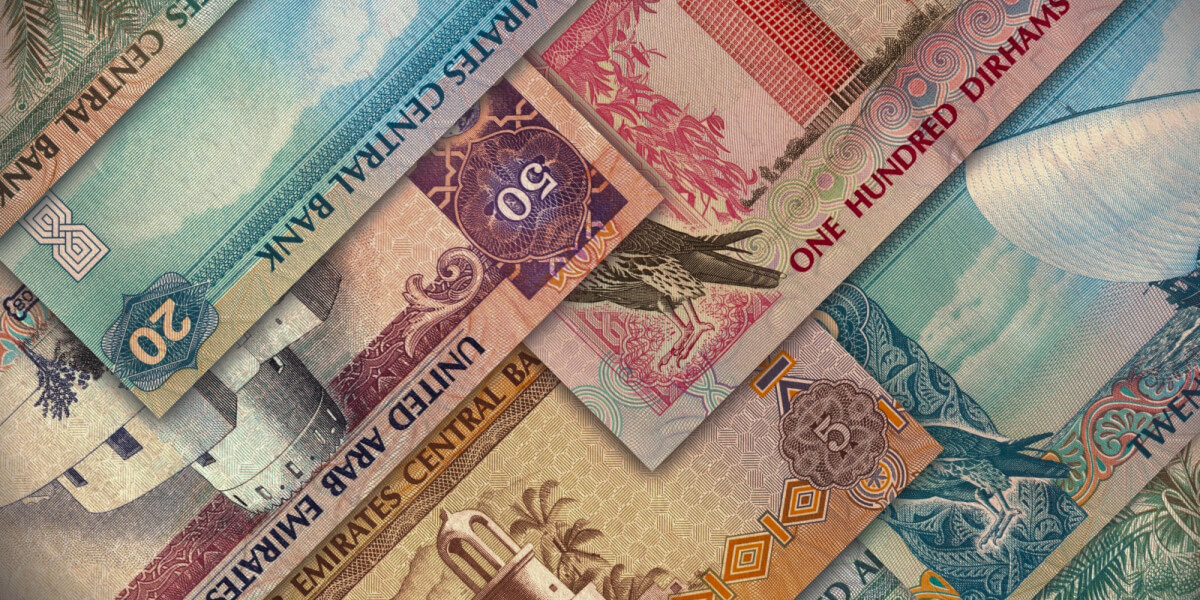
▸ Is Dubai expensive to live in?
It depends on your lifestyle, but the city offers far more flexibility than people assume. While luxury living is widely advertised, there’s a huge middle ground where freelancers, professionals, and families live comfortably without spending like celebrities.
Let’s start with the basics:
Monthly Cost of Living in Dubai
|
Category |
Budget (USD) |
Mid-Range (USD) |
Premium (USD) |
|
1-Bedroom Rent |
$950 – $1,500 |
$1,800 – $2,500 |
$3,000+ |
|
Utilities + Internet |
$150 – $250 |
$250 – $350 |
$400+ |
|
Groceries |
$250 – $400 |
$500 – $700 |
$800+ |
|
Dining & Coffee |
$150 – $250 |
$400 – $600 |
$800+ |
|
Transport (Car or Metro) |
$100 – $250 |
$300 – $500 |
$800+ |
|
Health Insurance |
$100 – $200 |
$250 – $400 |
$500+ |
|
Schooling (per child) |
N/A |
$6,000 – $15,000/year |
$20,000+ |
|
Co-working/Office |
$150 – $250 |
$350 – $500 |
$700+ |
Realistic average cost for a single professional: $2,500–3,500/month. Families will need $4,500–8,000 depending on school and housing choices.
One-Time Relocation Costs
|
Item |
Estimated Cost (USD) |
|
Company formation + visa |
$3,200 – $6,800 |
|
Flights (one-way) |
$300 – $800 per person |
|
Initial accommodation deposit |
1–2 months’ rent upfront |
|
Furnishing your home |
$1,000 – $3,000+ |
|
Medical tests + Emirates ID |
$800 – $1,200 |
|
Car purchase or lease (optional) |
$10,000+ (used) or lease |
Is Dubai Cheaper Than the UK, US, or Europe?
When you factor in zero income tax, affordable fuel, and no capital gains, Dubai can be significantly cheaper than most Western cities, especially for high earners or remote workers.
▸ Here’s a quick cost comparison for a solo expat:
|
City |
Monthly Net Salary Required (for same standard of living as Dubai) |
|
London |
+45% more |
|
New York |
+57% more |
|
Paris |
+33% more |
|
Toronto |
+38% more |
|
Berlin |
+26% more |
Best Places to Live in Dubai
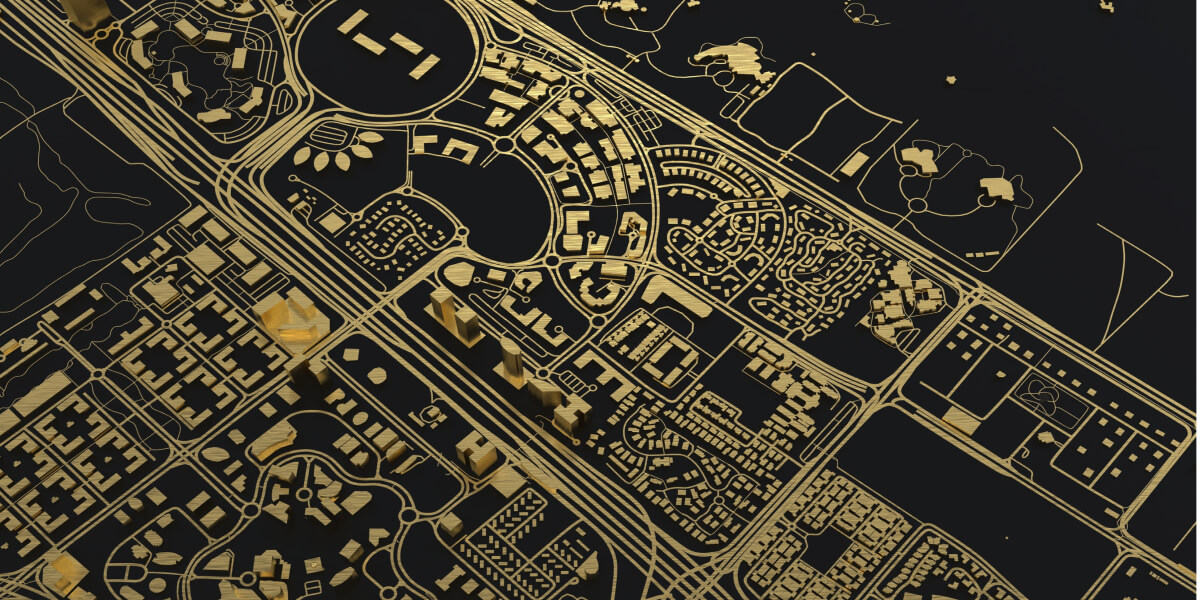
Dubai’s property market isn’t one-dimensional. It caters to venture capitalists, crypto traders, family offices, and digital entrepreneurs with very different priorities, beachfront access, private security, off-market appreciation potential, or just lifestyle ROI.
Here’s a breakdown of Dubai’s most desirable districts, organized by living style and investment edge, whether you’re buying a villa, securing a long-term lease, or testing the market short-term.
Iconic Waterfront Living
Palm Jumeirah
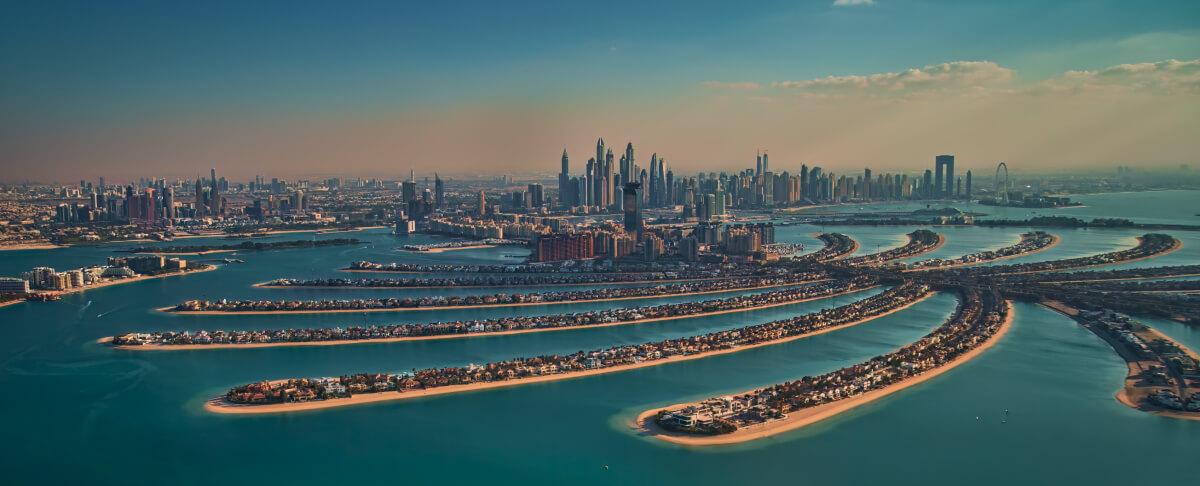
The global symbol of Dubai luxury, lined with beachfront villas, 5-star residences, and penthouse views.
-
Best For: UHNW families, remote founders, lifestyle investors
-
Standout Features: Private beaches, Atlantis dining, high appreciation potential
-
Price Point: Villas from $3M+, Penthouses $1.2M–$7M
-
2024 Yield: 5.2% avg gross rental return
Palm Jumeirah remains liquid, stable, and globally recognized. Think of it as Dubai’s answer to Miami’s Star Island, with a stronger regulatory environment.
Dubai Creek Harbour
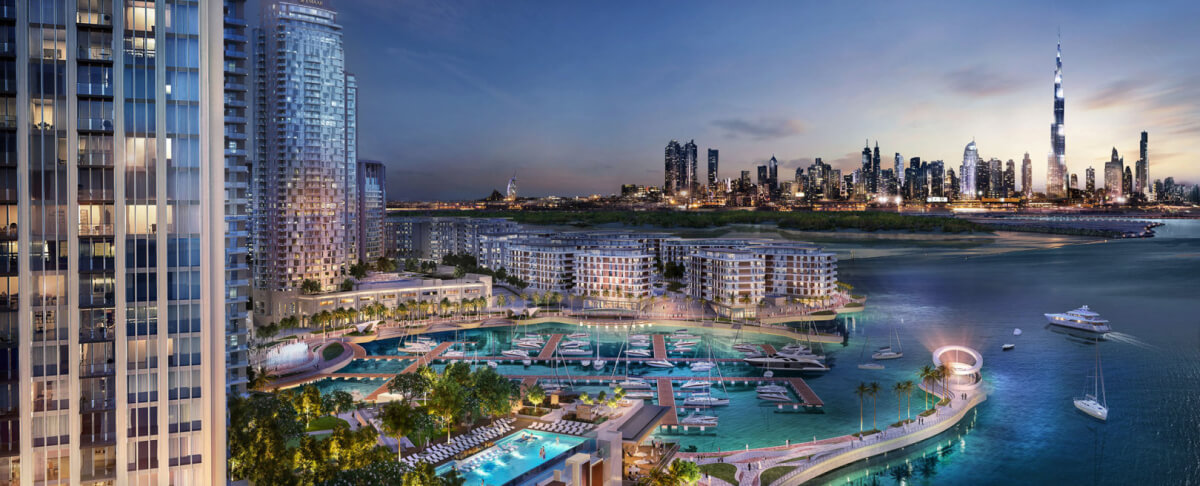
Overlooking Downtown but quieter, Creek Harbour is emerging as “the next Marina” — but with less chaos and more skyline views.
-
Best For: Executives, early investors, design-led buyers
-
Standout Features: Creek promenade, low-density master plan, Burj Khalifa views
-
Price Point: 1BRs from $400K, larger waterfront units $900K+
-
Bonus: Major infrastructure upgrades underway by Emaar
La Mer / Jumeirah Bay Island
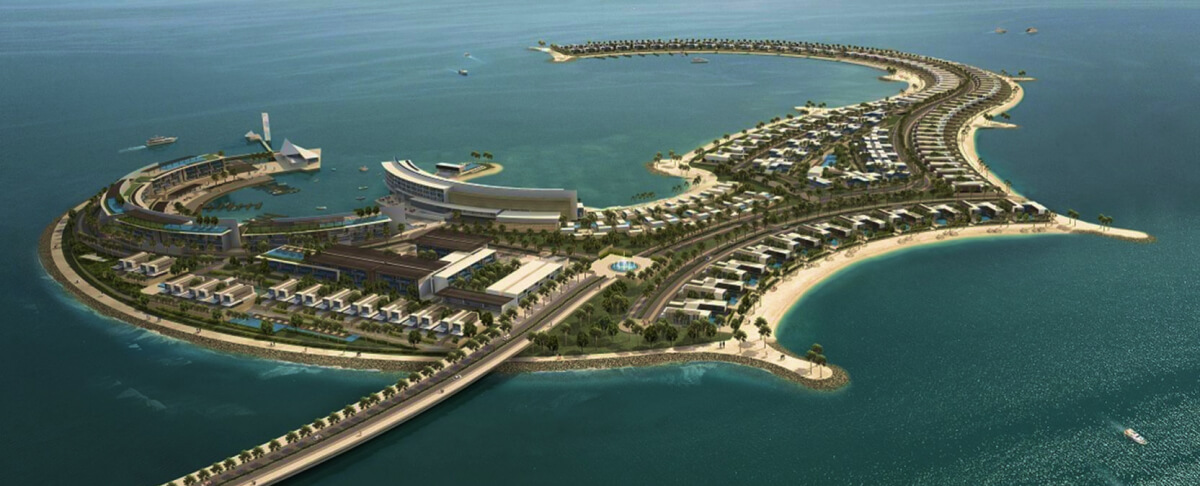
A rare blend of walkability and exclusivity. Jumeirah Bay Island, home to Bulgari Mansions, is off-market territory. La Mer offers premium beachfront apartments with character.
-
Best For: Ultra-high-net-worth, second-home buyers
-
Standout Features: Private beach access, yacht berths, hotel-branded residences
-
Vibe: Privacy without isolation
La Mer is a niche market, with limited supply, real scarcity, and rarely listed units. Jumeirah Bay Island, often called Billionaire’s Island, saw record transactions over $120M in 2023.
Quiet Prestige & Villa Communities
Dubai Hills Estate
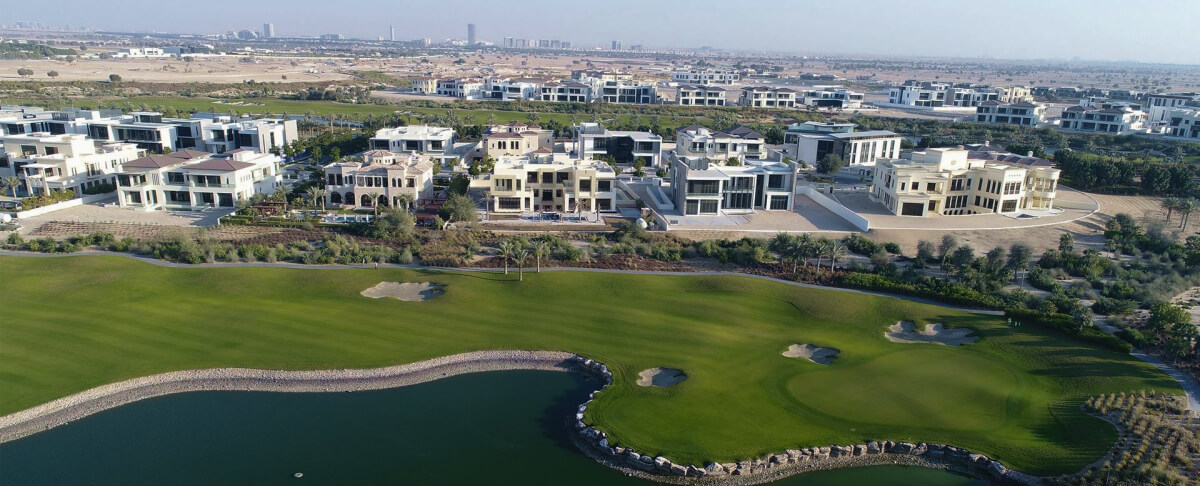
A master-planned neighborhood with a balance of green space, luxury homes, and community infrastructure.
-
Best For: Families, hybrid workers, expats staying 5–10 years
-
Standout Features: Dubai Hills Mall, golf course, King’s College Hospita
-
Price Point: Townhouses from $850K, Villas $1.5M+
-
School Access: GEMS, Repton, and Dubai English Speaking College nearby
It’s one of the most traded villa markets in 2024, ideal for high-end long-term renters or first-time Dubai investors.
District One (Meydan)
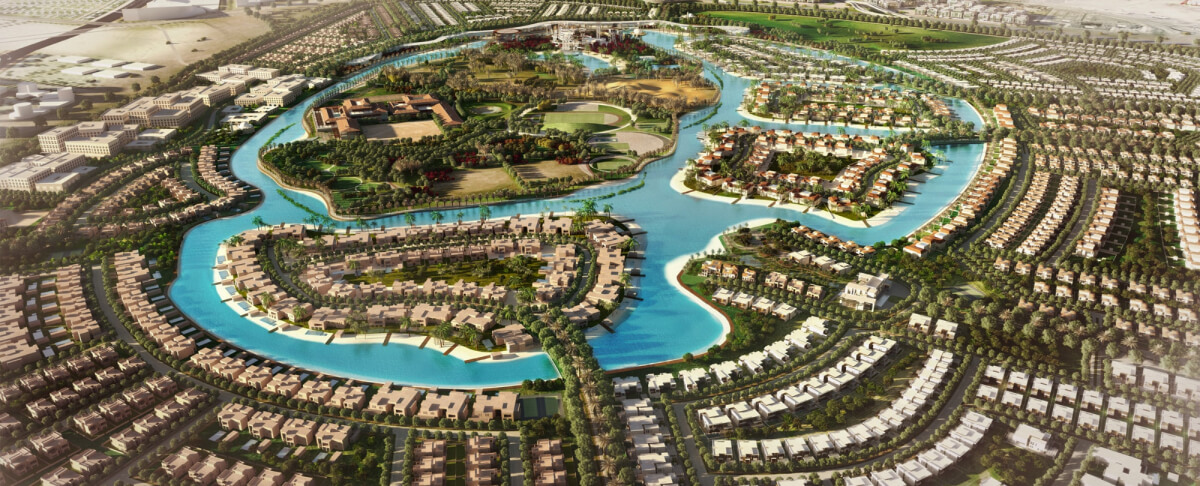
The closest villa community to Downtown, District One offers large plots, contemporary architecture, and the famous crystal lagoon.
-
Best For: C-suite expats, foreign buyers upgrading from apartment
-
Standout Features: 7km lagoon, biking tracks, ultra-modern design
-
Price Point: Villas from $2.5M, Mansions up to $12M
District One is in phase two expansion with rising end-user demand, a clear play for appreciation and long-term positioning.
Al Barari
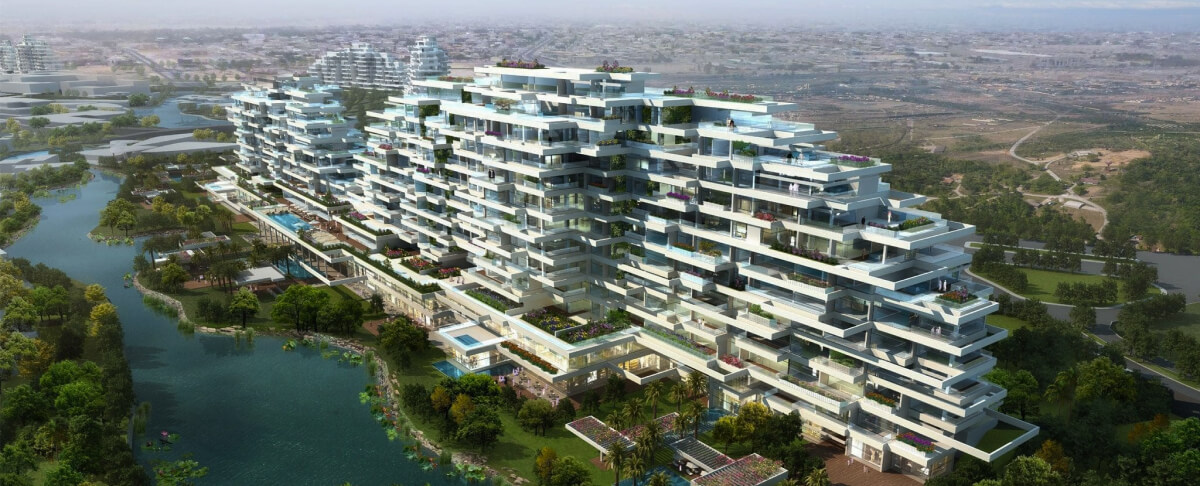
Tucked away in Nad Al Sheba, Al Barari is Dubai’s eco-luxury community, known for greenery, spa culture, and wellness-focused living.
-
Best For: Creative founders, families, privacy seekers
-
Standout Features: 60% green space, wellness spa, botanical gardens
-
Vibe: Lush, spiritual, unplugged
-
Price Point: Villas from $2M–$5.5M
Not a “flip” area, this is where buyers live, not speculate. Homes are generational.
Vertical High-End Living
One Za’abeel
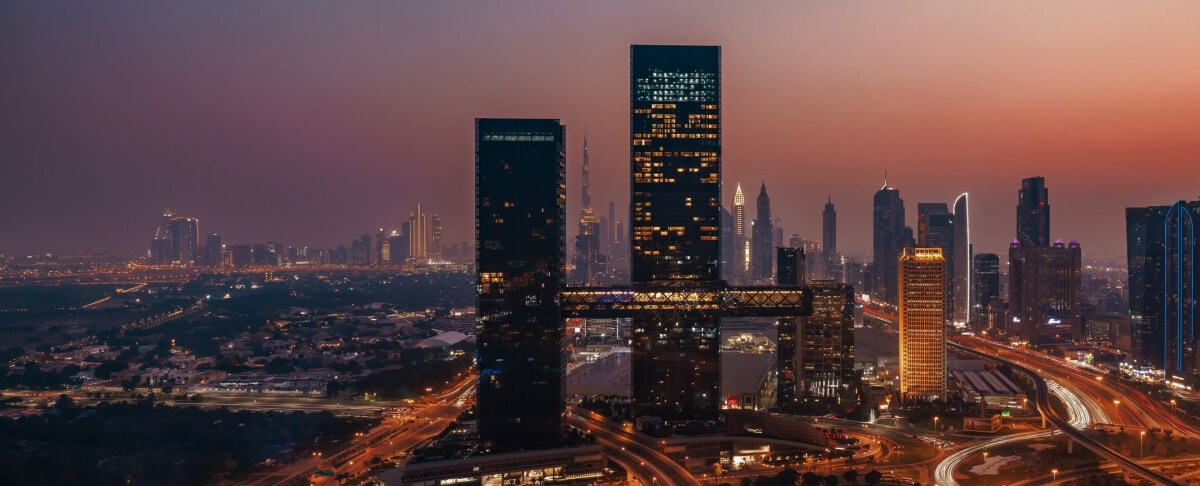
The new icon of Dubai’s skyline, featuring The Link, the world’s longest occupied skybridge, and branded residences by One&Only.
-
Best For: Global nomads, investors seeking exclusivity + liquidity
-
Standout Features: Freehold next to DIFC, F&B curation by Kerzner
-
Price Point: 1BRs from $1.3M, 2BRs $2.4M+
-
Positioning: Dubai’s answer to 432 Park (NYC) or Shard Residences (London)
One Za’abeel is a trophy address, and very few listings ever hit the open market.
▸ Insight from our network:
Ultra-prime buyers are shifting from beachfront hype to master-planned privacy and branded high-rises tied to global concierge services. Think One&Only, Bulgari, or Four Seasons residences, not just the view.
Opening a UAE Bank Account
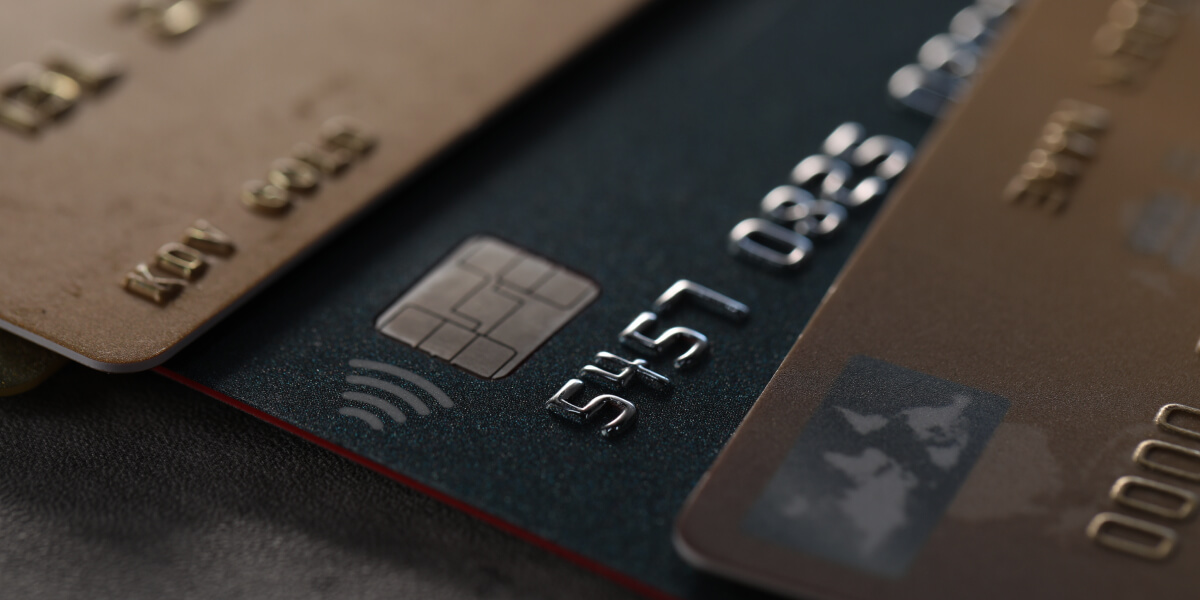
(Steps, Requirements, and Best Banks for Expats & Business Owners)
Once your residence visa and Emirates ID are approved, opening a UAE bank account is a top priority, especially if you plan to run a business, rent long-term, or receive income locally.
Dubai’s banking system is advanced, multilingual, and foreigner-friendly, but the process can still feel tricky if you don’t know what documents to prepare or which bank fits your needs.
Can non-residents open a bank account in Dubai?
Technically, yes, some banks offer savings accounts for non-residents, but you’ll face higher minimum balance requirements, limited services, and more compliance checks.
If you want full access (online banking, debit/credit cards, bill payments, international transfers), getting your Emirates ID first is strongly recommended.
What documents do I need to open a UAE bank account?
✓ For personal accounts (resident):
-
Passport copy
-
Residence visa
-
Emirates ID (or Emirates ID application if still processing)
-
Proof of address (rental contract or utility bill)
-
Salary certificate (if employed) or business license (if self-employed)
✓ For corporate accounts:
-
Company license & incorporation docs
-
Memorandum of Association
-
Office lease or Flexi-desk contract
-
Passport copies of shareholders
-
Emirates ID of the company’s manager
-
Business plan (sometimes required)
-
Last 3–6 months of bank statements (if applicable)
Best Banks for Expats in Dubai
|
Bank Name |
Best For |
Minimum Balance |
Key Perks |
|
Emirates NBD |
Everyday personal + business |
AED 3,000 (~$820) |
Easy digital app, Skywards credit cards |
|
ADCB |
Business + expat salary accounts |
AED 5,000 (~$1,400) |
Etihad rewards, flexible services |
|
FAB |
High-income individuals |
AED 10,000 (~$2,700) |
Private banking, wealth options |
|
Mashreq Neo |
Digital nomads + remote workers |
AED 0–5,000 |
100% online setup, instant IBAN |
|
HSBC UAE |
International banking |
AED 10,000+ |
Global access, strong for UK/Asia expats |
Top UAE Bank Accounts Compared (Blog)
How long does it take?
-
Personal accounts: 1–3 business days if your Emirates ID is active
-
Corporate accounts: 1–4 weeks, depending on bank and business activity
(E-commerce, crypto, or consulting may require extra due diligence)
Opening a corporate account can be frustrating if done alone. Using a consultant or PRO service often cuts delays and rejections.
Achieving Zero-Income-Tax Status in Dubai
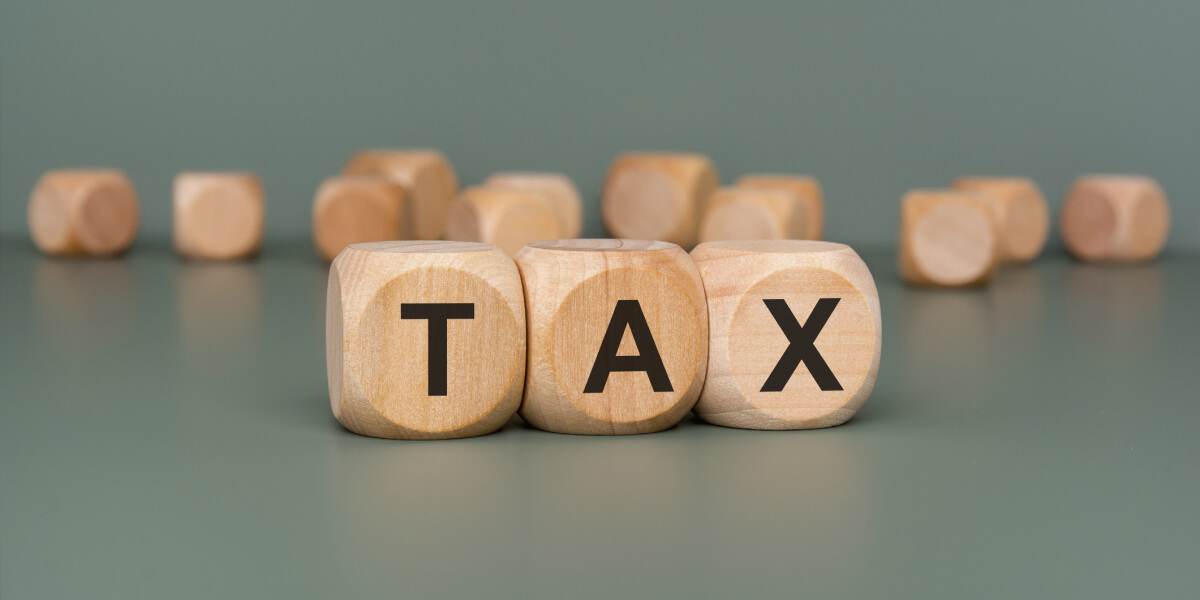
(Tax-Free Living in Dubai – Legally & Permanently)
This section targets keywords like:
-
tax free living in Dubai
-
zero income tax
-
zero income tax return
-
how to become tax resident in Dubai
-
Dubai tax residency certificate
We’ll walk through how to legally achieve tax residency in Dubai, the steps to qualify, and how to prove it internationally, with clarity, authority, and without repeating generic myths like “just live there and pay nothing.”
Achieving Zero-Income-Tax Status
Dubai doesn’t just “advertise” tax-free living, it legally does not levy personal income tax on salaries, capital gains, dividends, crypto, inheritance, or real estate appreciation.
✳︎ But here’s the catch:
To benefit internationally, you need to establish and prove UAE tax residency, especially if you’re exiting a high-tax country.
What qualifies you as a tax resident in Dubai?
To be recognized as a UAE tax resident, you must meet either of the following:
-
Spend at least 183 days/year in the UAE, OR
-
Have a permanent place of residence + center of vital interests in the UAE
-
Hold a valid UAE residence visa and Emirates ID, and show the UAE is your main base
You do not need to give up your original citizenship or passport.
What is a UAE Tax Residency Certificate?
A Tax Residency Certificate (TRC) is an official document issued by the UAE Ministry of Finance, proving that you’re a tax resident in the UAE.
It’s essential if:
-
You want to avoid double taxation in your home country
-
You plan to use UAE's double taxation treaties with 130+ countries
-
You need proof of tax residency for your accountant, broker, or foreign bank
As of 2025, the UAE has DTTs (Double Tax Treaties) with the UK, Germany, India, Canada, France, Singapore, and most EU countries.
How to Apply for a Tax Residency Certificate
|
Requirement |
Details |
|
Valid Emirates ID |
Must be linked to an active residence visa |
|
6+ months of UAE residency |
Passport stamps, entry/exit logs, or utility bills |
|
UAE Address Proof |
Rental contract (Ejari) or title deed |
|
Local Bank Statements |
Last 6 months — showing UAE-based income or activity |
|
Passport + Visa Copy |
Must be valid for the full duration of the certificate |
|
Fee |
AED 1,000–2,000 ($270–550), depending on service used |
▸ Processing time: 7–15 working days
Apply via Ministry of Finance UAE
Tax Planning Tip: Timing Matters
-
Don’t leave your home country mid-fiscal year unless you’ve structured your exit legally
-
Make sure to close tax liabilities abroad (e.g., deregister, cancel tax residency, inform authorities)
-
If your former country uses worldwide taxation (e.g., the U.S.), consider structuring via offshore entities or trusts with expert support
“Our clients often assume Dubai’s zero tax means no paperwork. But it’s not just about earning in a tax-free zone, it’s about proving you belong there. That’s where the TRC matters most.” , Wealth Consulting Team
Investing in Dubai: Top Property Hotspots in 2025
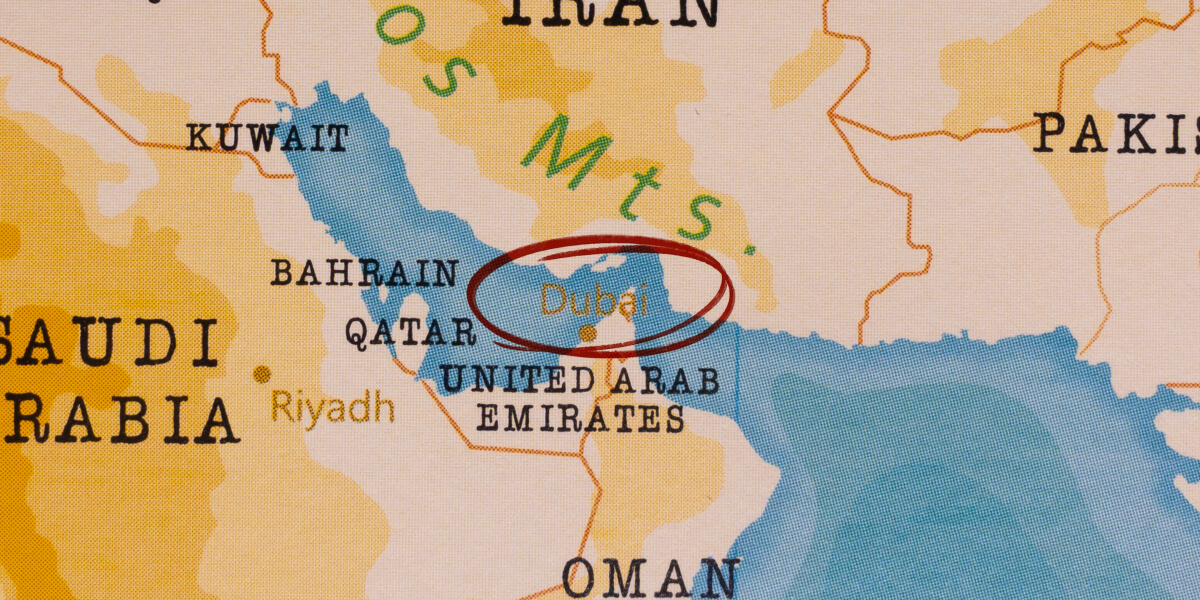
Where Smart Capital Is Moving and Why
Dubai’s property market continues to defy global trends. While interest rates and prices cooled Western markets in 2024, Dubai saw a 17.4% year-on-year increase in residential prices, according to Knight Frank. But unlike the 2008 speculation era, 2025 demand is end-user-driven, by entrepreneurs, remote workers, and wealthy migrants establishing long-term residency.
Over 50% of Dubai’s property buyers in 2024 were cash buyers, a signal of strong fundamentals, not just easy credit.
Whether you're looking to buy for ROI, a second home, or future Golden Visa eligibility, here’s where the smart money is moving:
/01
Dubai Creek Harbour
The comeback story of the decade. Once considered “too early,” the area is now maturing fast.
-
Why it matters: New shopping district, expanded Marina, direct road link to Downtow
-
Who’s buying: Mid-to-high net worth investors who missed the Marina boom
-
2025 Yield Potential: ~6.1% gross rental return
-
Entry Point: $400K+ for waterfront 1BR, $900K+ for prime 3BR
/02
Palm Jumeirah Villas & Fronds
Yes, it’s still in play, but only the right product. Frond villas saw record resale prices in 2024, but branded beachfront apartments now offer better liquidity and yield.
-
Why it matters: Global name recognition, beach access, long-term deman
-
Best strategy: Short-term rental model or serviced apartment units
-
Yield: ~5–6.5% for branded residences (e.g., FIVE, W Residences)
-
Entry Point: $1.2M+
/03
Business Bay & Downtown (Off-Plan Units)
Not just a lifestyle area, it’s now a serious investor zone thanks to new supply and developer flexibility.
-
Why it matters: Proximity to DIFC, high tenant demand, business traveler market
-
Smart investor move: Buy off-plan with 2–3 year handover at 0% interest
-
Yield Potential: 6.5–7.2% (short-let or executive leasing)
-
Price Range: From $380K for studio, $650K+ for branded 1BR
/04
Dubai Hills Estate
A long-game winner, this is where families live, not just where investors speculate.
-
Why it matters: Schools, parks, golf course, and the Dubai Hills Mall
-
Investment Edge: Steady tenant demand, low vacancy, value appreciation
-
Yield: 5–6% on townhouses, lower but stable for villas
-
Buying Range: $850K (townhouses), $1.8M+ (villas)
/05
JVC (Jumeirah Village Circle)
Dubai’s highest-yielding entry-level investment zone for rental income.
-
Why it matters: Low cost, strong expat demand, near metro extension
-
Best strategy: 1BR or studio for monthly executive rent
-
Gross Yield: 7–8.5% depending on unit type
-
Price Point: $140K–$300K
Why Invest in Dubai in 2025?
|
Factor |
Insight |
|
0% Property Tax |
No annual taxes, no capital gains, no inheritance tax |
|
100% Foreign Ownership |
Applies across mainland & freehold zones |
|
High Rental Demand |
Expats make up 89% of the population |
|
Strong Legal Framework |
Escrow-protected off-plan market, RERA regulation |
|
DTT Network |
130+ tax treaties support capital protection |
|
Flexible Entry Points |
From $140K studios to $10M+ trophy homes |
Strategic Investing in Mixed-Use Developments
A New Chapter: Moving to Dubai in 2025, Done Right

From research to residency, you’re ready.
Moving to Dubai in 2025 isn’t just about changing your scenery. It’s about changing how you live, earn, and build your future, without the tax burden, lifestyle compromise, or bureaucratic chaos found in other so-called “freedom destinations.”
▸ Dubai offers what few cities can:
-
Real economic opportunity
-
World-class safety
-
Zero income tax
-
Total international connectivity
-
Legal residency and banking for global citizens
But here’s the key: It only works if you do it the right way.
✓ Move smart.
✓ Move legally.
✓ Move for good.
Contents
- Why People Are Moving to Dubai in 2025
- 2025 Residency & Visa Options
- Setting Up Your Company & Getting Your Emirates ID
- Cost of Living & Budget Checklist
- Best Places to Live in Dubai
- Opening a UAE Bank Account
- Achieving Zero-Income-Tax Status in Dubai
- Investing in Dubai: Top Property Hotspots in 2025
- Where Smart Capital Is Moving and Why
- A New Chapter: Moving to Dubai in 2025, Done Right
